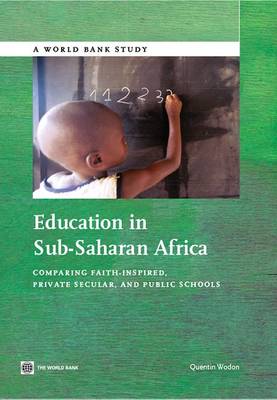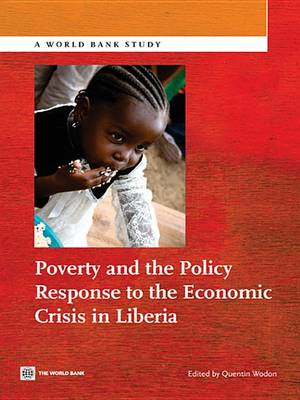World Bank Studies
2 total works
The purpose of this study is to build a stronger evidence base on the role of faith-inspired, private secular, and public schools in sub-Saharan Africa using nationally representative household surveys as well as qualitative data.
Six main findings emerge from the study:
(1) Across a sample of 16 countries, the average market share for faith-inspired schools is at 10-15 percent, and the market share for private secular schools is of a similar order of magnitude;
(2) On average faith-inspired schools do not reach the poor more than other groups; they also do not reach the poor more than public schools, but they do reach the poor significantly more than private secular schools;
(3) The cost of faith-inspired schools for households is higher than that of public schools, possibly because of a lack of access to public funding, but lower than that of private secular schools;
(4) Faith-inspired and private secular schools have higher satisfaction rates among parents than public schools;
(5) Parents using faith-inspired schools place a stronger emphasis on religious education and moral values;
(6) Students in faith-inspired and private schools perform better than those in public schools, but this may be due in part to self-selection.
Six main findings emerge from the study:
(1) Across a sample of 16 countries, the average market share for faith-inspired schools is at 10-15 percent, and the market share for private secular schools is of a similar order of magnitude;
(2) On average faith-inspired schools do not reach the poor more than other groups; they also do not reach the poor more than public schools, but they do reach the poor significantly more than private secular schools;
(3) The cost of faith-inspired schools for households is higher than that of public schools, possibly because of a lack of access to public funding, but lower than that of private secular schools;
(4) Faith-inspired and private secular schools have higher satisfaction rates among parents than public schools;
(5) Parents using faith-inspired schools place a stronger emphasis on religious education and moral values;
(6) Students in faith-inspired and private schools perform better than those in public schools, but this may be due in part to self-selection.
Poverty and the Policy Response to the Economic Crisis in Liberia
by Quentin Wodon
Published 30 May 2012
Despite substantial progress towards peace, economic growth, and better governance since 2003, Liberia remains one of the poorest countries in the world. The objective of this study is twofold. First it is to provide a basic diagnostic of both consumption-based poverty and human development (especially education and health) in the country using the 2007 CWIQ (Core Welfare Indicators Questionnaire) survey. Second, it is to assess the likely impact on the poor of the recent economic crisis, and especially the increase in rice prices, and to document the targeting performance of various measures taken by the government in 2008/09 to help the poor cope with the crisis. These measures included a reduction in import taxes for rice, a reform of the personal income tax, and the implementation of a cash for work temporary employment program.

